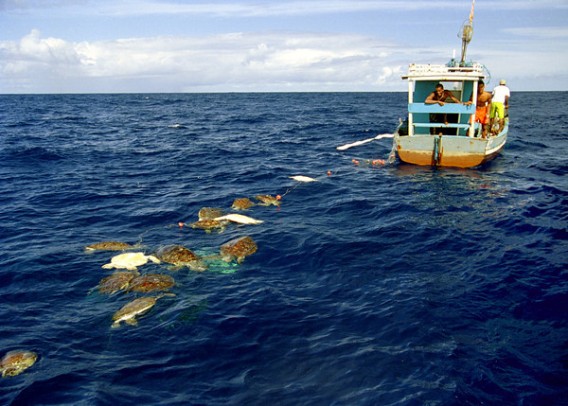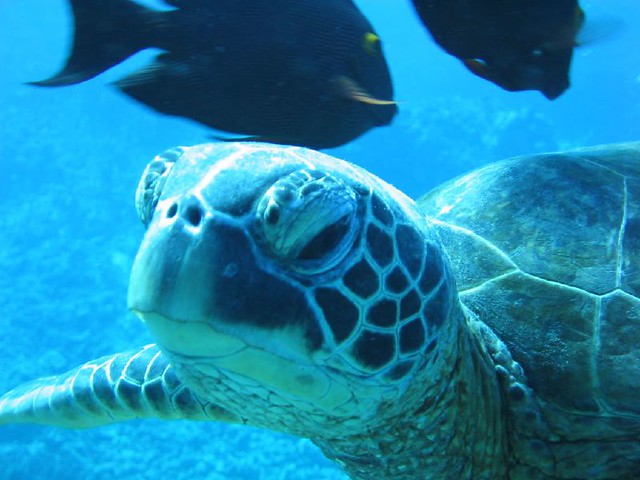International Requirement-
Although I have traveled to other countries before, I don't think I realized what an impact tourists can have on each economy and its society. This class has definitely opened my eyes and helped me to see that each country has a very different culture. By simply crossing over a border you can find huge differences in culture, language, government, and more. These differences can actually unite the world through tourism. Without any uniqueness there would really be no point in travel.
I also learned about some of the issues that exist today around the world that I had not previously thought about. Many of the problems such as pollution, sex trade, and loss of culture all stem from people's choices, and could be completely gone with some changes. Other problems such as climate change and endangered species could be greatly lessened by the way people live their lives and by the way people travel. It is important that people work together to fix these problems, and realize what impact each person can have.
These problems differ by perspective wherever you go. A small restaurant is affected for instance when someone travels to their city in across the world and decides to eat from McDonald's instead of their place. Using local businesses can have a big effect on an economy. Likewise, globally societies are effected by pollution and market demand that can lead to the extinction of animals. When an animal becomes extinct, all other animals must adapt, and others will be more likely to become extinct in the future.
 |
| Photo from serc.carleton.edu |
Writing a blog has definitely helped to improve my writing skills a great deal. Whereas most of my previous writing has simply been for myself or for a professor, as I wrote for my blog I gained a new appreciation for writing for an audience. It has been intimidating but also refreshing to know that what I write can be read by anyone who stumbles upon my blog. This fact has helped me to write more clearly so that I can reach a larger audience. The adjustment I had to make in writing to a completely new audience only helped me as I also wrote about subjects I have never written about before. It is nice to know that the words I am writing could actually have make a real impact on someone's choices and behavior.
I have also noticed as I have written my blog and read others what a huge difference pictures make. These not only help to keep reader's attention when at a site, but they also intrigue readers into going to a site in the first place. A picture with a simple caption can have a very powerful effect when posted on to any social media site. These sites allow you to connect with huge groups of people that you would otherwise have no access to.
I know I'm never done learning, but this has been a great step for me in the write direction for both my knowledge international tourism and also my writing skills. I will definitely feel more comfortable writing for a blog, advertisement, or any presentation the next time I am needed.







